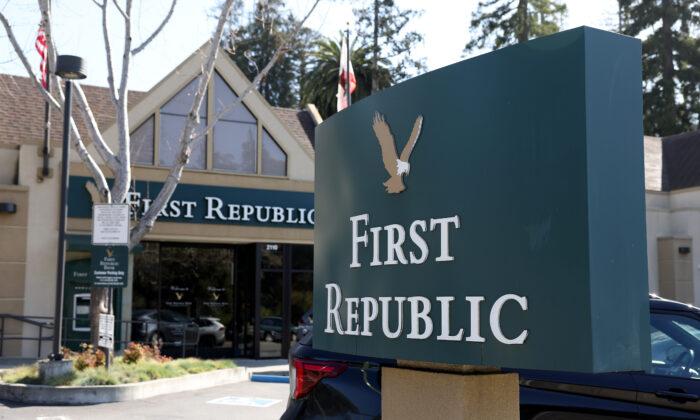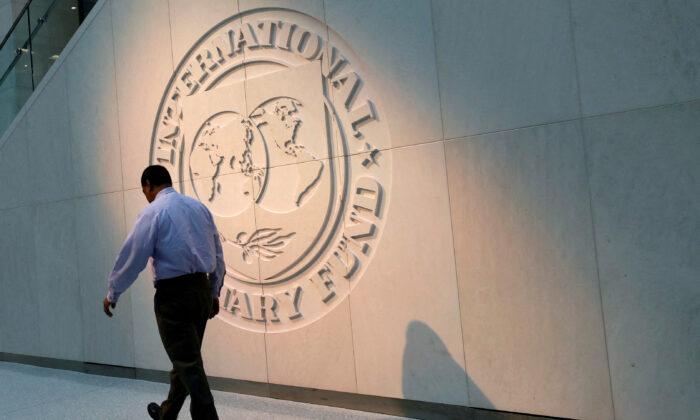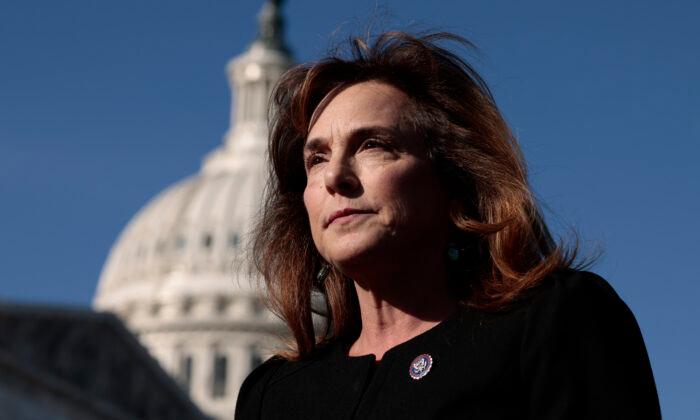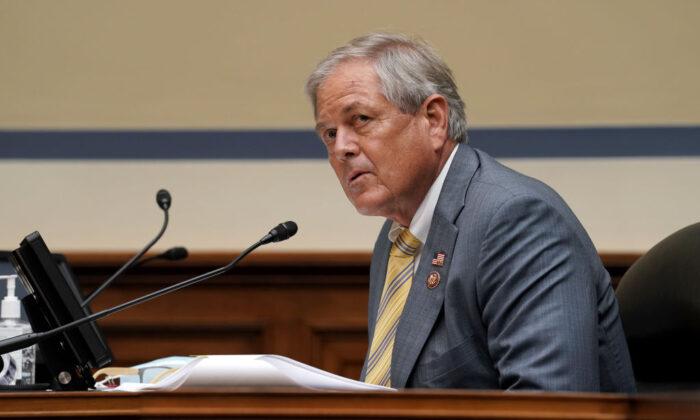U.S. regulators asked large banks to submit their takeover bids for First Republic Bank (NYSE: FRC) over the weekend, in an effort to rescue the troubled bank.
The Federal Deposit Insurance Corp. (FDIC) reportedly held an auction, asking multiple banks to solicit bids for FRC before an afternoon deadline on April 30. As of press time, no announcement had been made.
First Republic released a statement on April 28 stating that the bank is in talks with multiple parties regarding its strategic options, while continuing to serve its clients.
Over the weekend, media reported anonymous sources as saying that about six banks competed to acquire all of FRC’s deposits, a large portion of its assets, and some of its liabilities. Citizens Financial Group Inc., PNC Financial Services Group, US Bancorp, and JPMorgan Chase were among the bidders in an auction run by the FDIC.
A Month of Pain
First Republic’s stock price has tumbled by a staggering 97 percent from a year ago. Shares that were valued at more than $153 last April dropped to $3.51 in regular trading on April 28.Last month, top U.S. banks infused $30 billion into First Republic to avoid impending financial problems. However, over $100 billion in deposits left the bank’s vaults since early March, which experts said was a death blow to the bank.
News of the deposit exodus sent the bank’s stock to record lows.
Investors were reminded that the U.S. banking crisis and broader credit crunch are far from over, Will Denyer of Gavekal Research said in an April 26 research note.
In the face of fleeing deposits, First Republic was forced to borrow from federal programs to bolster its balance sheet. The bank said in its earnings report that its total borrowings peaked on March 15 at $138.1 billion.
More Uncertainty Ahead?
Some analysts predict that the failure of First Republic will put more downward pressure on an already battered financial sector.Former Treasury Secretary Larry Summers criticized Biden administration regulators for dithering in their solution for First Republic.
Others point to excessive levels of government intervention as the primary cause of today’s financial instability, to begin with.
“The environment now is completely different than what it used to be, thanks to the activist central bank,” former fund manager Bill Fleckenstein told The Epoch Times. “We have out-of-control government spending and huge amounts of investment dollars moved on a daily basis blindly by the Vanguards and BlackRocks of the world.”
Who’s to Blame?
The Federal Reserve published on April 28 its much-anticipated review of the SVB collapse that gripped the U.S. financial system in March. According to the central bank, the failure of SVB was the result of a wide range of factors, including the Fed itself, which conceded that it didn’t do enough to make sure that SVB management fixed the company’s problems.At the time of its collapse, SVB had “31 unaddressed safe and soundness supervisory warnings,” which is triple the average number of its industry peers, the report stated.
Central bank regulators failed to “fully appreciate the extent of the vulnerabilities as Silicon Valley Bank grew in size and compressibility,” according to the report. But when the central bank did identify the vulnerabilities, regulators “did not take sufficient steps to ensure that” SVB remedied these problems at a fast enough pace.
The Fed report also warned that banks with large unrealized losses “face significant safety and soundness risks.”
How Do Bank Failures Affect the Economy?
The banking crisis is expected to cause “credit shocks,” which would drag down economic growth, according to Morgan Stanley.“Disruption in the financial system will leave its mark on the real economy,” Morgan Stanley economists wrote in a recent note. “Our banking analysts see permanently higher funding costs for banks going forward, and the disruption to funding markets will likely lead to a tightening in credit conditions.”
The manufacturing, commercial real estate, and technology sectors are the most vulnerable to a pullback in bank lending, according to Goldman Sachs.
A reduction in lending will result in lower business investment in these industries, Jan Hatzius, chief economist of Goldman Sachs, wrote in a recent note.
“We also expect slowing job growth in the leisure and hospitality and other services industries, as diminished loan availability dissuades restaurant operators and other smaller businesses from hiring new workers and opening new establishments,” Hatzius said.





